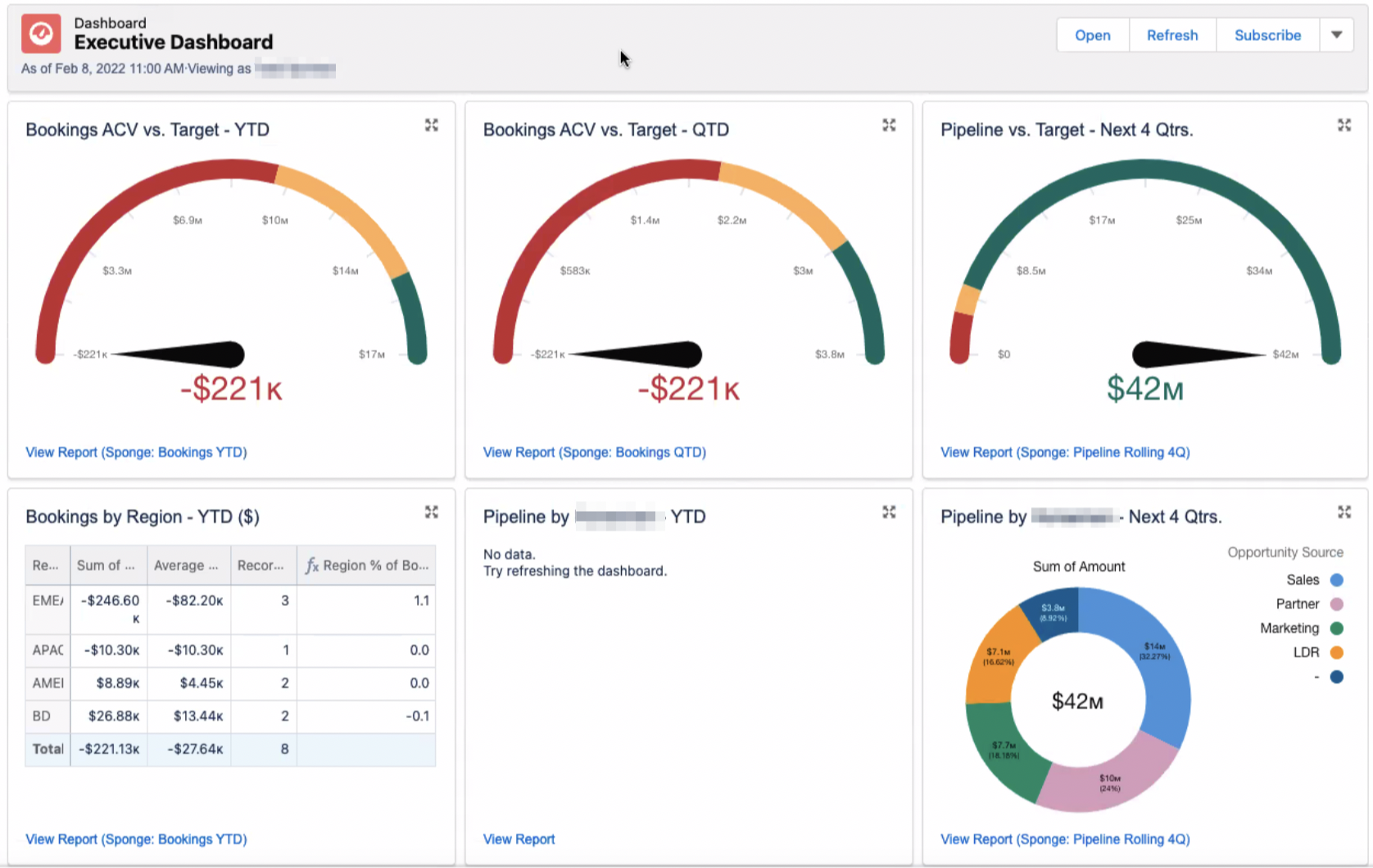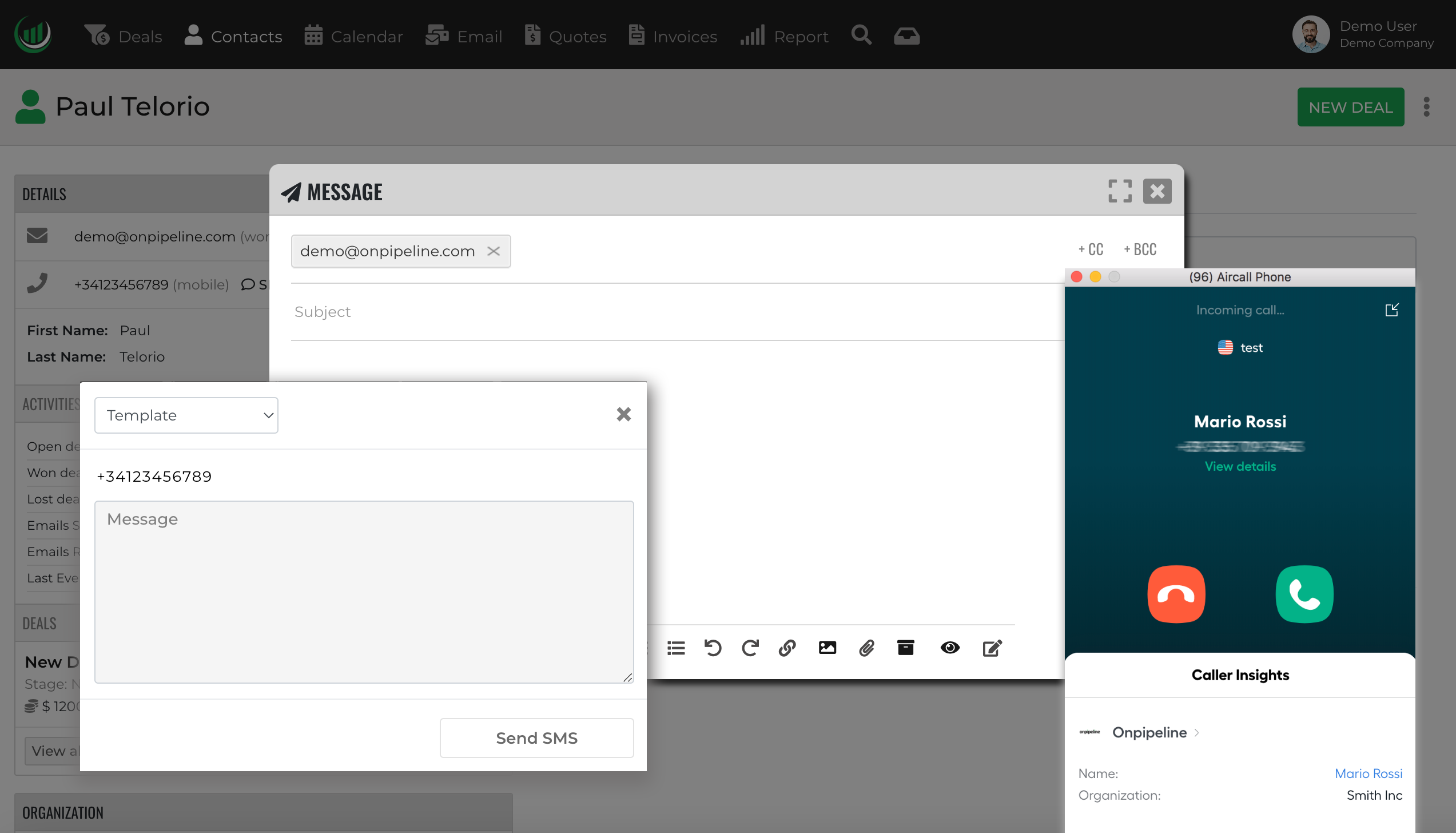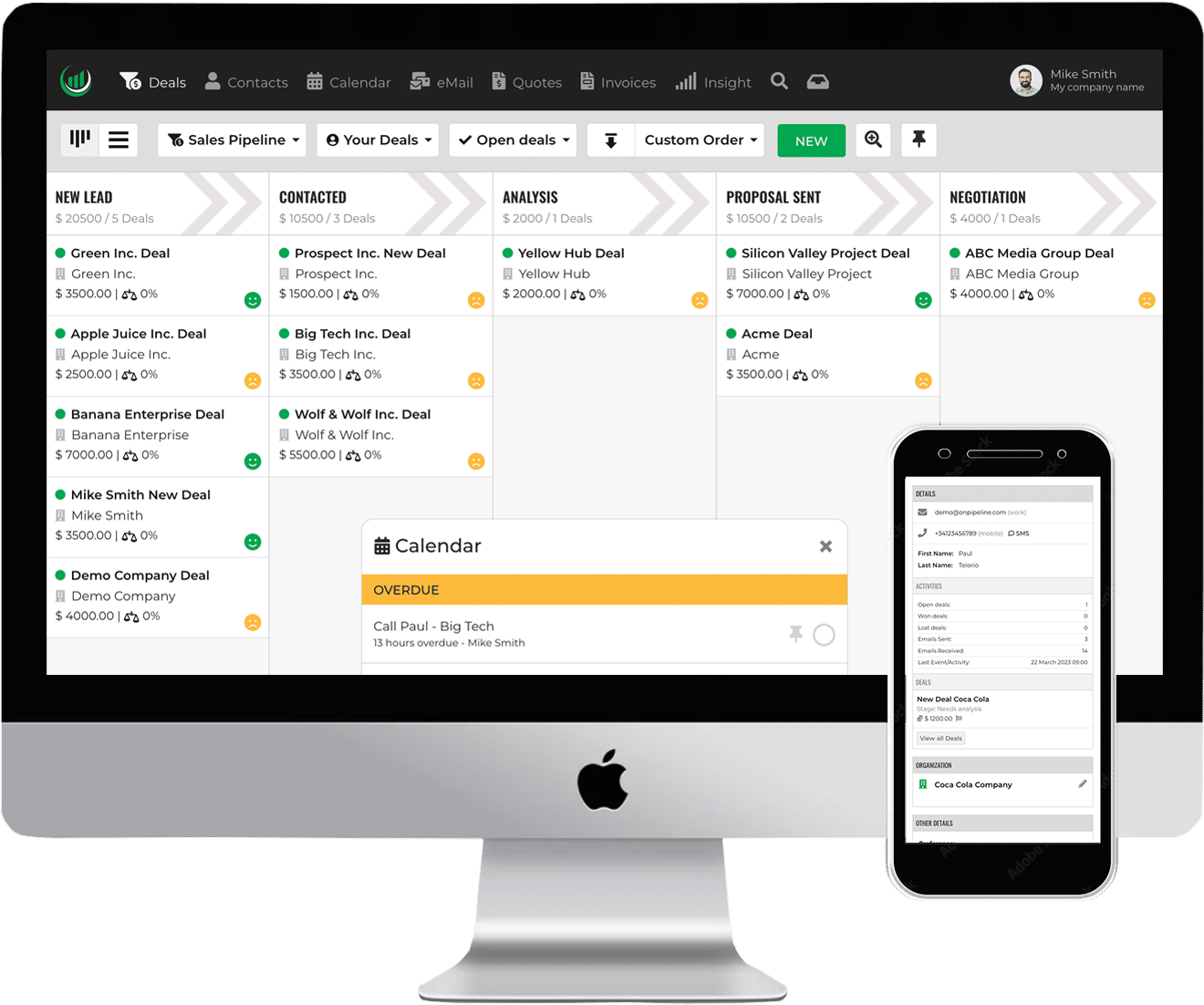Choosing the right Customer Relationship Management software is crucial. Two popular CRM solutions in the market are NetSuite CRM and Salesforce. We will compare these two platforms to help you decide which one is the best choice for your business.
What is Salesforce?
One of the most well-known CRM platforms in the world. It is a cloud-based solution that focuses on sales, service, marketing, and analytics. Salesforce is not user-friendly but it’s scalable. It offers a vast marketplace of add-ons and integrations but it’s not an ERP.
What is NetSuite CRM?
Developed by Oracle, is a cloud-based CRM that offers a wide range of features to help businesses manage their customer relationships effectively. It is part of the larger NetSuite suite of business applications, which includes ERP (Enterprise Resource Planning) and e-commerce capabilities.
What’s the Difference?
Scope and Integration
NetSuite CRM is part of a larger suite of business applications, making it a seamless choice for companies looking to integrate CRM with other aspects of their business, such as finance and e-commerce. Salesforce, on the other hand, is primarily focused on CRM but offers extensive integrations through its AppExchange.
Customization
Salesforce is renowned for its flexibility. NetSuite CRM offers customization options but may not be as flexible as Salesforce in this regard.
Learning Curve
Without prior experience in CRM software, both NetSuite CRM and Salesforce can have a steep learning curve. Many businesses find it beneficial to engage (pay) consultants or training resources to help navigate these platforms effectively.
This is one of the reasons why complex platforms – NetSuite CRM and Salesforce – are often adopted by large organizations. Large companies often have more financial and human resources, which means they can invest in consultants, training, and allocate the necessary time.
Pricing
Pricing for both NetSuite CRM and Salesforce can be complex, as it depends on factors like the number of users, features required, and additional modules.
Netsuite Pricing:
$999.00 per month + $99 per user/month
Salesforce offers various pricing tiers to cater to different business needs. NetSuite CRM typically involves a subscription-based model with additional costs for customization and implementation.
Salesforce Pricing:
From $25.00 per user/month to $330 per user/month
Onpipeline is a cloud-based CRM solution that focuses on simplicity and ease of use. Onpipeline offers features such as sales process, lead management, contact management, email, and reporting, and much more.
Onpipeline is a more budget-friendly option compared to NetSuite CRM and Salesforce, making it suitable for small to medium-sized businesses.
Onpipeline Pricing:
From $12.00 per user/month to $49 per user/month
Main Features
Salesforce
- Contact and Lead Management: Salesforce provides robust contact and lead management capabilities, allowing you to organize and track your interactions with customers and prospects.
- Opportunity Management: You can manage sales opportunities through different stages of the sales process, helping your sales teams focus on deals with the highest potential.
- Sales Forecasting: Salesforce offers forecasting tools that enable you to predict future sales, helping with resource allocation and planning.
- Marketing Automation: Salesforce Marketing Cloud provides tools for creating and managing marketing campaigns, email marketing, and lead nurturing.
- Customer Support and Service: Salesforce Service Cloud allows you to provide exceptional customer support with features like case management, knowledge base, and automated workflows.
- Analytics and Reporting: Salesforce offers advanced reporting and analytics tools, including customizable dashboards, to gain insights into your sales and customer data.
- Integration: Salesforce boasts a vast ecosystem of third-party integrations through its AppExchange, allowing you to connect with various business applications.
- Customization: Salesforce is highly customizable, enabling you to tailor the CRM to your specific business needs through point-and-click tools and custom development using Salesforce Lightning.
NetSuite CRM
- Customer Relationship Management: NetSuite CRM provides tools for managing customer relationships, including contact management, opportunity management, and marketing automation.
- Marketing Automation: NetSuite offers marketing automation capabilities to create and manage marketing campaigns, track customer interactions, and measure marketing ROI.
- Customer Support: NetSuite CRM offers customer support features like case management, knowledge base, and self-service portals to enhance customer service.
- E-commerce Integration: As part of the larger NetSuite suite, it seamlessly integrates with e-commerce functionality, allowing businesses to manage online sales and customer data.
- Analytics and Reporting: NetSuite CRM provides robust analytics and reporting tools to help you gain insights into your sales and customer data.
- Customization: Like Salesforce, NetSuite CRM is customizable to adapt to your business processes and requirements.
- Integration: It offers integration capabilities to connect with other NetSuite modules like ERP, financials, and e-commerce, ensuring a unified business management platform.
In short, both Salesforce and NetSuite CRM offer comprehensive CRM capabilities, but the choice between them often depends on your specific business needs, budget, and preferences.
Onpipeline – Best CRM for SMEs!
Onpipeline is a Sales CRM crafted to optimize your processes. Centralize all your customer information, customize the database, easily oversee your leads, and never miss an opportunity.
Pipeline Management
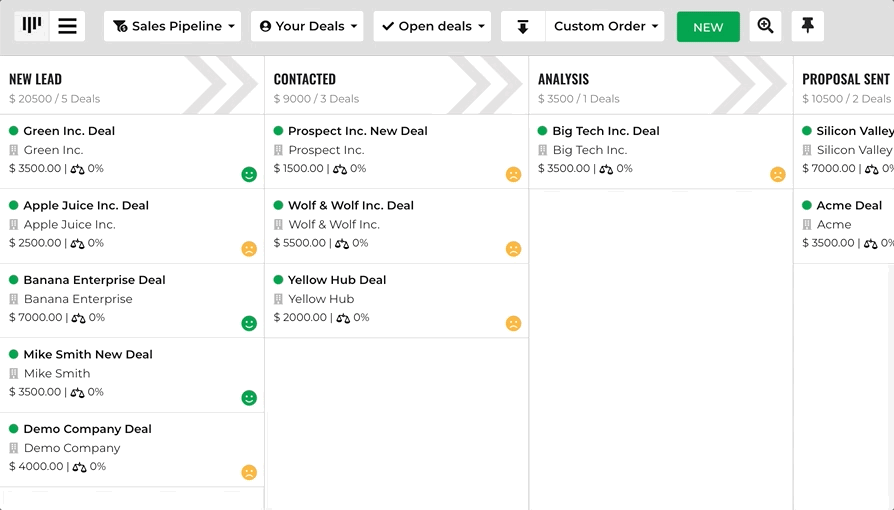
Schedule & track Activities
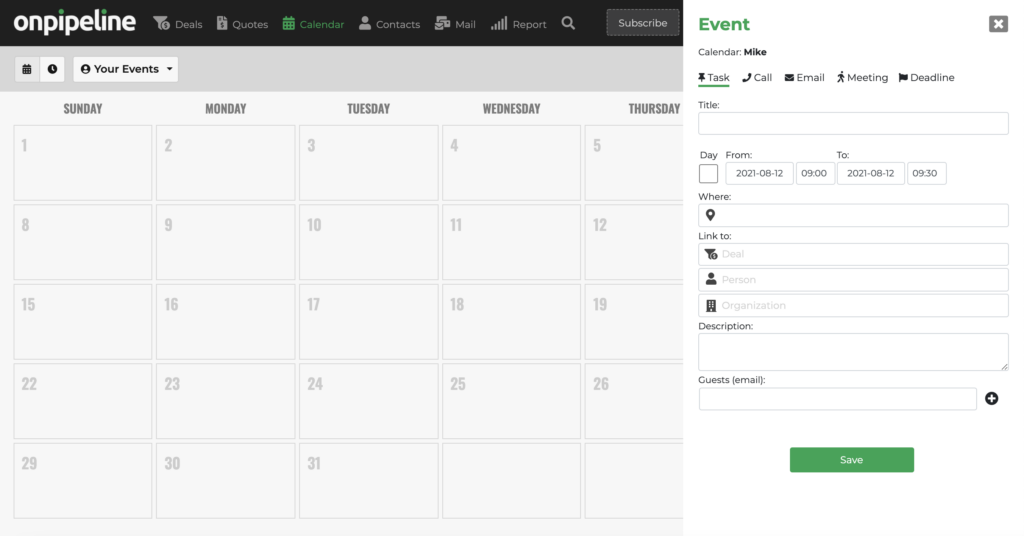
Centralize communication
With a single click, you can start a phone call or send a SMS. View, manage, and organize calls, which are connected automatically to the proper person or deal.
But which one is Better?
NetSuite CRM if you need a comprehensive suite of business applications and seamless integration with ERP and e-commerce. Salesforce if you prioritize customization, scalability, and a large marketplace of add-ons. Both solutions work well if you have a lot of money – it could end up costing you thousands of $ per month, and sometimes it’s not worth it.
Onpipeline if you need a user-friendly CRM solution without the complexity of enterprise-level platforms, and/or you have a smaller budget.


